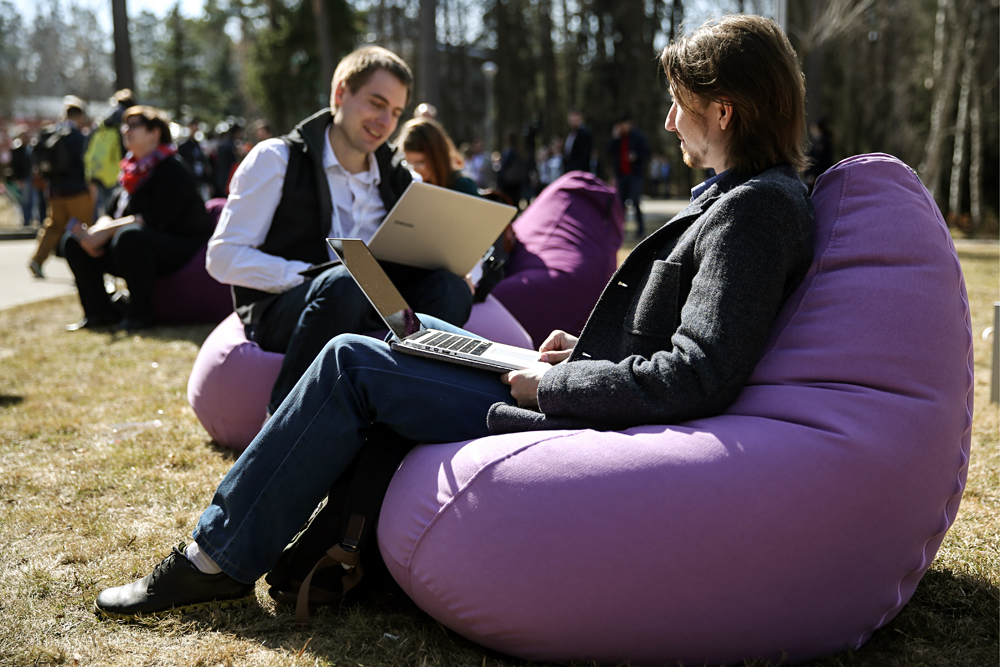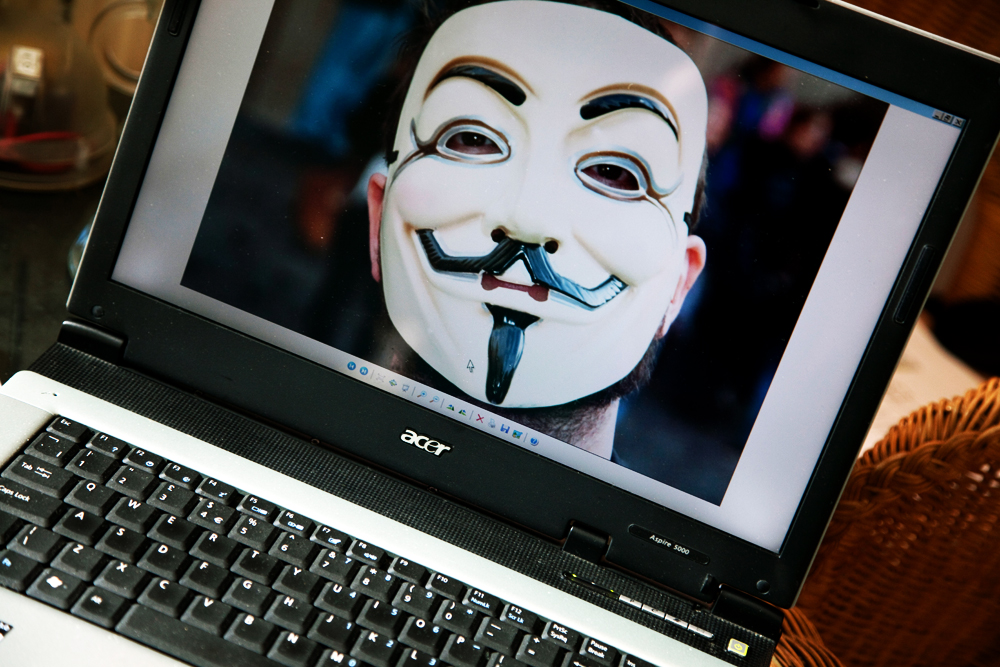Feeling exposed? Why Russians cover up their webcams

According to Kaspersky Lab, 23% of Russians put tape over the webcams on their laptopsю
Sergei Savostyanov/TASSThere is an old joke in Russia that says that there is no problem that cannot be fixed with a piece of duct tape. However, some believe that in today's world tape can be good enough to ensure data security, too.
According to a survey conducted by Kaspersky Lab, a Russian information security company, 23 percent of Russians put tape over the webcams on their laptops. Experts see several possible explanations for why ordinary users do this.
First, many people are afraid of surveillance by the state. Popular perceptions of secret intelligence agencies controlling the internet were further fueled by the reports of Edward Snowden.
"I read on social networks that when Windows 10 was just released that Microsoft would closely monitor the actions of its users," says Andrei Fadeyev, one of the many thousands of students who have placed tape over their webcams.
Secondly, no one wants a private hacker to be secretly staring at us from their computer. A normal user's computer can often be hacked even by a so-called “script kiddie,” a bored school-aged student with a set of ready-made programs.
A few months ago, the Russian-language internet was flooded by news reports of an anonymous hacker that turned web surveillance into an online show. Having remote access to other people's computers and built-in webcams, the hacker staged cruel web broadcasts. They would take control of somebody else's computer, open provocative sites and turn on the webcam. And then, together with their friends, the hacker would laugh as the hapless user tried to figure out why his computer suddenly started to be overwhelmed by pornographic content.
Does duct tape really work wonders?
But is simple duct tape the answer to the complex issue of general web security? Yes and no. Of course, if you tape your web camera over with a thick layer of plastic, the attacker will not be able to see you despite their hacking skills.
However, if a hacker is able to turn on the webcam on your computer, it means that they have access to far more valuable items. With the help of computers, we access our bank accounts, enter credit card information, store personal photos and scanned documents.
"I think this is a more serious cause for concern than the likelihood that someone will post pictures of us picking our noses in front of the monitor," says Danila Sentyabov, a manager of data security projects. "It is better to accustom ourselves to the idea that we cannot do or say anything in the immediate vicinity of any electronic device that we would not be willing to do or say on public television."
According to experts, just covering up the webcam is not enough.
"It is more important to use anti-virus software, to regularly update the software and use password managers," says Sentyabov.
Most cases of webcam hacking are due to malware attacks.
Beware: The Russians are listening>>>
Subscribe to get the hand picked best stories every week
All rights reserved by Rossiyskaya Gazeta.
Subscribe
to our newsletter!
Get the week's best stories straight to your inbox
